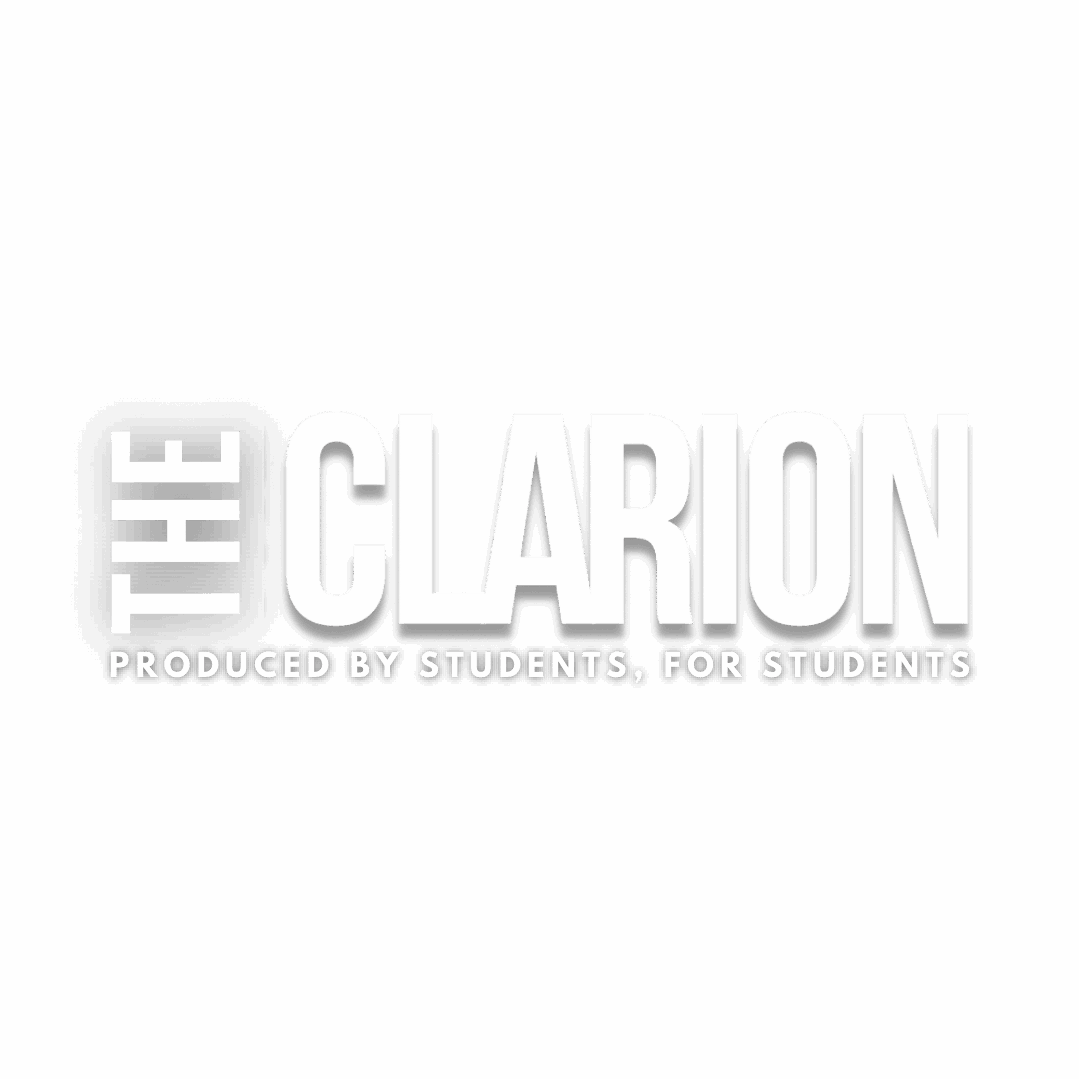“In a global age, the forever-unfinished story of American freedom must become a conversation with the entire world, not a complacent monologue with ourselves,” Dr. Eric Foner, Pullitzer Prizer winner and President of the American Historical Society said at the annual society meeting.
A Professor of Columbia University, Foner will speak at Sinclair October 25 from 1 p.m. to 2:30 p.m. in the Smith Auditorium of Building 12 as a part of the second History Symposium.
In his presentation entitled “How the Civil War and Reconstruction Changed the Constitution” Foner will center on timely topics of liberty and freedom in American History. The event is free to attend. The event will also include history quizzes, door prizes and refreshments for attendees.
Foner is the most prominent historian to visit Sinclair. In 2011, Foner’s work “The Fiery Trial: Abraham Lincoln and American Slavery” (2010) was awarded the Pullitzer Prize in History. The same work also won the Lincoln Prize for best non-fiction historical work of the year on the American Civil War, as well as the Bancroft Prize for literature about diplomacy or history of the Americas.
The Sinclair History Symposium began in 2015 through a diversity grant and involvement from Sinclair Humanities Department professors. Six Sinclair professors, Faheem Curtis-Khidr, John Weaver, Jenny Sooy, Vonya Lewis, Mohsen Khani and Yufeng Wang, made up a panel where subjects from the history of Dayton immigrant communities to the Transatlantic Slave Trade and its modern consequences. Professor Bill Kamil moderated the panel.
The event drew some 80 students throughout the presentation, including elements of active participation facilitated by the History and Global Awareness Club.
Students at Sinclair will have an opportunity to hear Foner present the same presentation he will give to governmental bodies the next day.
“This is a great learning opportunity for our students,” Wang said. “Dr. Foner is one of the most prominent and influential historians in the country. His voluminous scholarship and decades of public engagement, have not only contributed enormously to historical research and academic inquiries, but also influenced how other historians and the general public think about American history,” she said.
The Washington post calls Foner “[O]ne of the most prolific, creative and influential American historians of the past 20 years. Library Journal, American trade publication for librarians, said, “In the vast library on Lincoln, Foner’s book stands out as the most sensible and sensitive reading of Lincoln’s lifetime involvement with slavery and the most insightful assessment of Lincoln’s—and indeed America’s—imperative to move toward freedom lest it be lost. An essential work for all Americans.”
According to Wang, Foner’s visit will provide a good opportunity for students to hear and interact with a prominent scholar on historical issues that are both pertinent and relevant.
American History I and American History II courses will use Foner’s textbooks volumes one and two of “Give Me Liberty! An American History.”
Barton Kleen
Executive Editor

